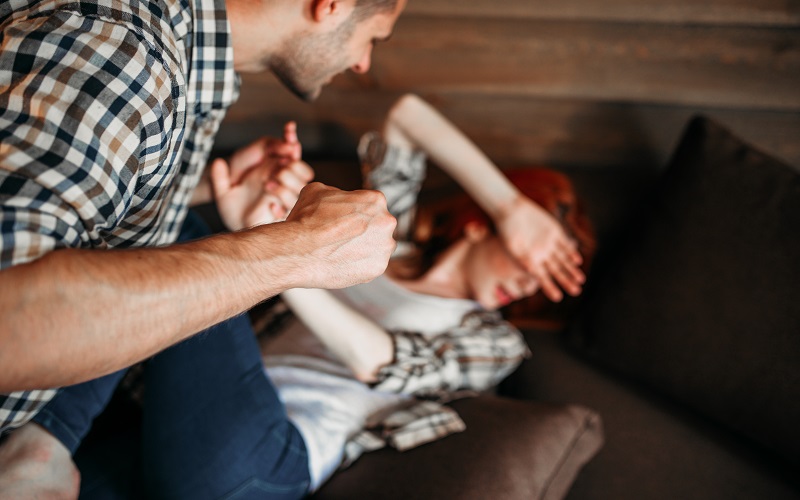
Domestic abuse is any incident of threatening behaviour, violence or abuse between adults who are or have been in a relationship together, between family members, or between other people who live or have lived in the same household/accommodation regardless of their gender or sexuality.
Are you a victim of domestic abuse?
Domestic abuse can affect anybody at any time. Both men and women may be affected by it regardless of who they live with and their relationship with that person. If you are having to live with this behaviour, either as a victim or witness, it is important to realise that you can ask for help. Everyone is entitled to protection from domestic abuse irrespective of their immigration status.
The abuse can take many forms:
- Physical abuse: beating, kicking, assault with or without weapons, strangling and stabbing
- Sexual abuse: rape, forced sex, forced to watch or participate in pornography, being denied access to contraception
- Emotional and verbal abuse: threats (including to kill, prevent access to children or have you deported), damage to property, being shouted at, intimidation, being controlled (for example preventing access to documents), harassing, humiliation, name-calling
- Financial abuse: being denied food or money
If you are being abused, remember that:
- It is not your fault you have been abused
- Reports of abuse are taken very seriously
- You can just ask for information, you don’t have to take action
- The law can offer you protection against your abuser, for example through legal action
- You can be moved to a safe place immediately, along with any children that are with you
- The information you give will be kept confidential and no action will be taken without your agreement
- You may be able to apply for asylum independently and continue receiving support from UK Border Agency (UKBA) depending on your circumstances. The UKBA has a strong and protective policy on domestic abuse for those already receiving support
You can report the abuse to:
- A domestic violence helpline, the police, your doctor, health visitor, local support group
- A refugee agency in your area such as the North of England Refugee Service, Refugee Action, Refugee Council, Scottish Refugee Council or Welsh Refugee Council.
- You can ask to speak to a female worker and/or a female interpreter if you would prefer.
- The information that you give will be kept confidential.
- If you or your children are in immediate physical danger, these agencies may have to tell someone about your case.
Contact the following for help:
England and Wales: Freephone 24 hour National Domestic Violence Helpline 0808 2000 247
Police (emergency) 999
Refugee agencies’ contact details:
North of England Refugee Service Head Office (North East)
19 The Bigg Market
Newcastle
NE1 1UN
Tel: 0191 222 0406


